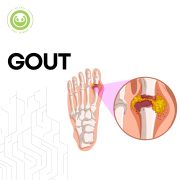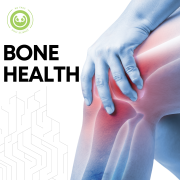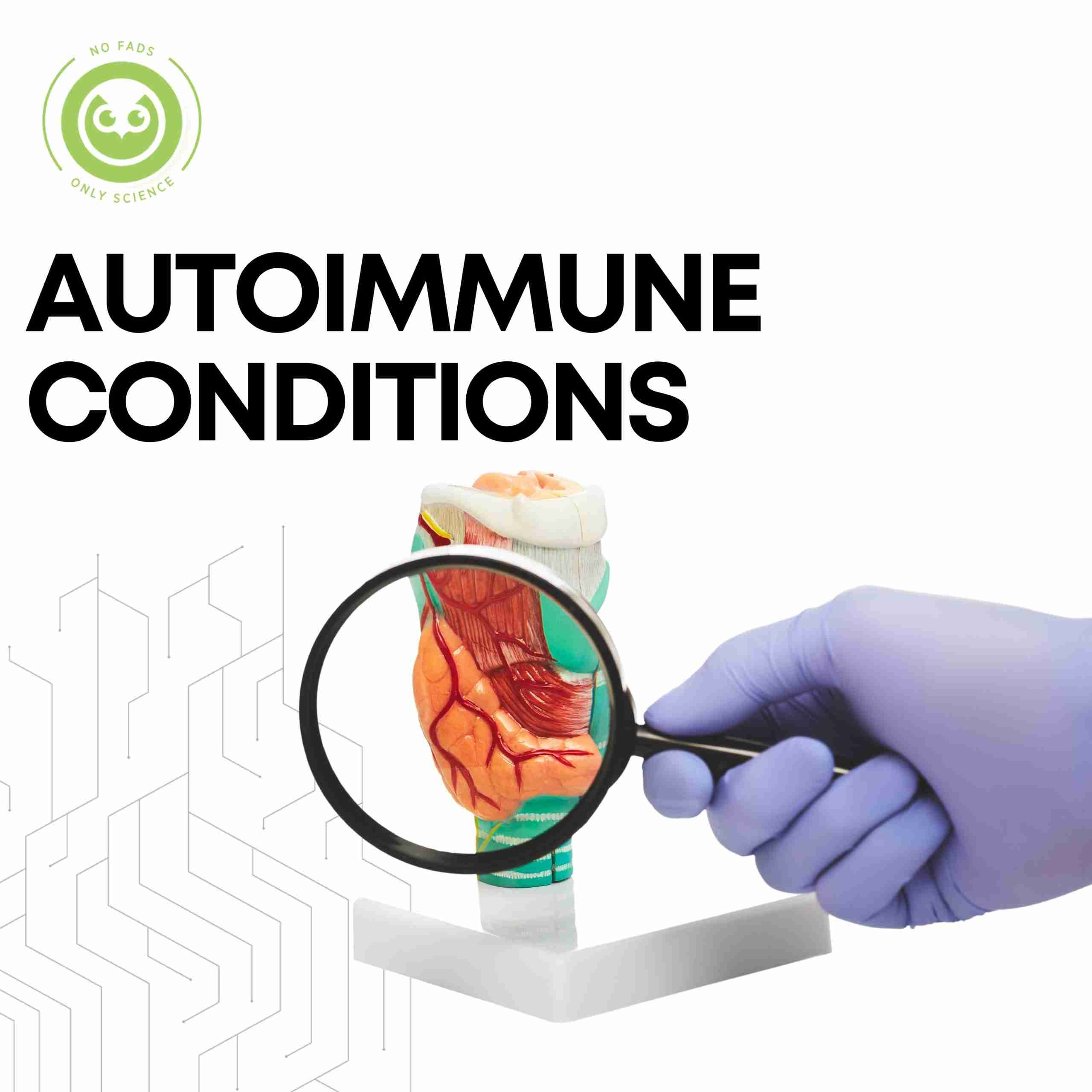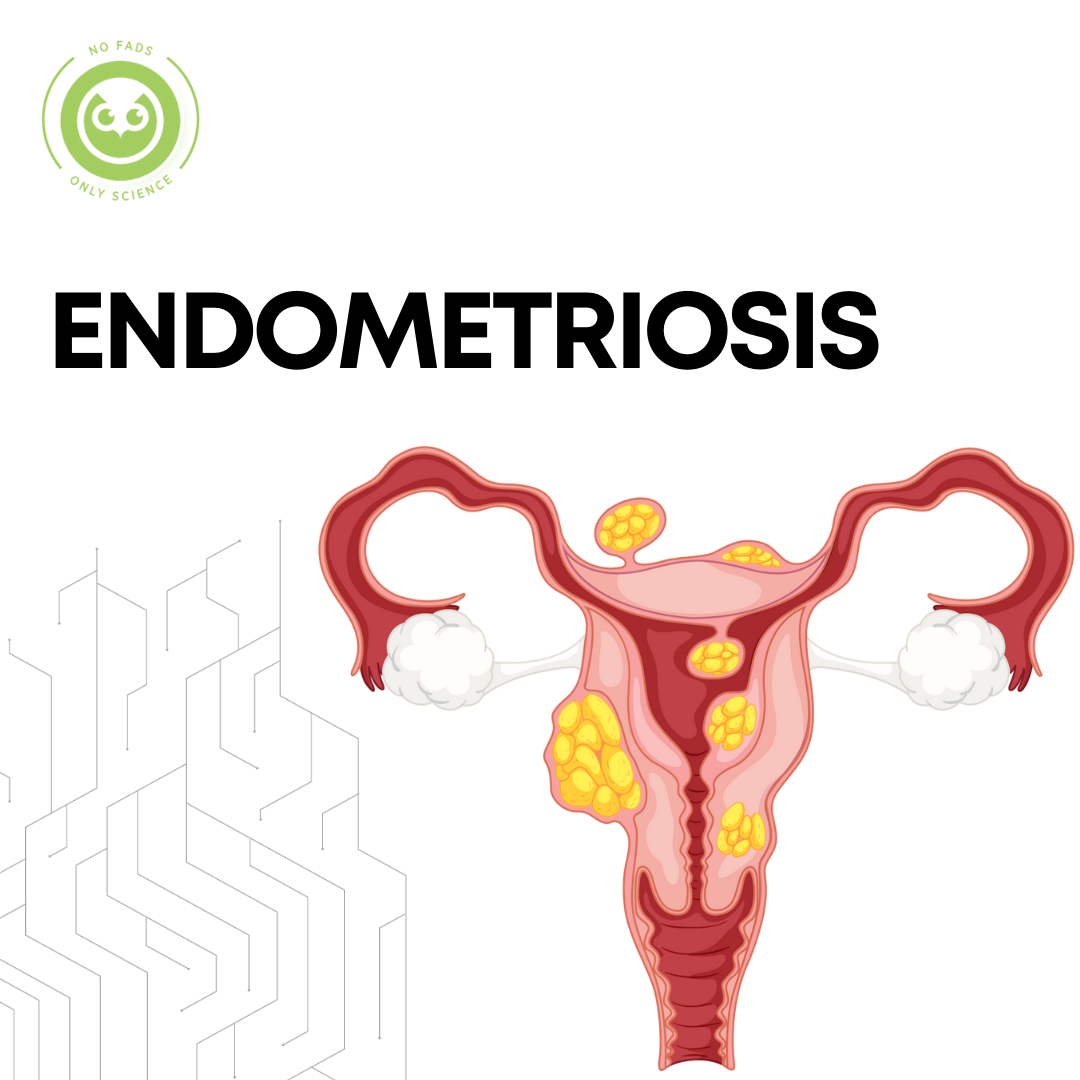GOUT
Introduction:
Gout, a painful inflammation and swelling caused by the buildup of uric acid crystals in the joints is a result of the body either producing too much uric acid or being unable to eliminate it properly. This uric acid is a natural waste product produced by the body when it breaks down purines, commonly found in meat products.
In our blog, we’ll be diving deep into gout and the role of uric acid in its development, exploring various aspects including causes, symptoms, treatments, and prevention strategies. In addition, we’ll be discussing related topics such as diet, exercise, lifestyle changes, and medication options pivotal in managing gout.
What is Hyperuricemia:
Hyperuricemia is an elevated uric acid level in the blood. The normal upper limit is 6.8mg/dL, and anything over 7 mg/dL is considered saturated, and symptoms can occur. This elevated level is the result of increased production, decreased excretion of uric acid, or a combination of both processes.
Elevated uric acid can also be seen in,
- Accelerated purine degradation
- Decreased excretion (renal insufficiency and metabolic acidosis)
What is Gout?
When there is too much uric acid in the body, uric acid crystals (monosodium urate) can build up in joints, fluids, and tissues within the body. Hyperuricemia does not always cause gout, and hyperuricemia without gout symptoms does not need to be treated.
These urate crystals accumulate in your joint, causing inflammation and intense pain of a gout attack.
Symptoms include (in the affected part):
- Pain, usually intense
- Swelling
- Redness
- Heat
Risk factors:
Causes of high uric acid in blood or gout are complex conditions that can have a variety of causes. Here are some of the most common factors that can contribute to the development of high uric acid levels and gout:
- Diet: A diet high in purine-rich foods like red meat, shellfish, and organ meats can increase uric acid levels and contribute to gout. Purine-rich foods include red meat, organ meat, and some kinds of seafood, such as anchovies, sardines, mussels, scallops, trout, and tuna
- Alcohol consumption: Drinking alcohol, particularly beer, can increase uric acid production and trigger gout attacks.
- Genetics: Certain genetic factors can increase the risk of developing gout.
- Medical conditions: Health conditions such as obesity, hypertension, diabetes, and kidney disease can increase the risk of developing gout.
- Medications: Some medications, such as diuretics, can increase uric acid levels and trigger gout attacks.
- Dehydration: Not drinking enough water can lead to higher concentrations of uric acid in the body and increase the risk of gout.
- Symptoms of Gout:
- Sudden, severe pain: Gout attacks typically cause sudden, severe pain in the affected joint, often described as a sharp, stabbing sensation.
- Swelling and redness: The affected joint may become swollen, red, and warm to the touch.
- Stiffness: Gout can cause stiffness in the affected joint, making it difficult to move.
- Limited mobility: Due to the pain and stiffness, people with gout may have limited mobility and difficulty performing daily activities.
- Chronic gout: Over time, repeated gout attacks can lead to chronic gout, which can cause joint damage, tophi (hard deposits of uric acid), and chronic pain.
Treatments for Gout:
- Lifestyle changes: Making changes to your diet, drinking plenty of water, limiting alcohol, and maintaining a healthy weight can help reduce uric acid levels and can help reduce the frequency and severity of gout attacks.
- Medications: Several medications are available to treat gout, including nonsteroidal anti-inflammatory drugs (NSAIDs), corticosteroids, and colchicine.
- Urate-lowering therapy: Medications like allopurinol, febuxostat, and probenecid can be used to lower uric acid levels and prevent gout attacks.
- Joint aspiration: In some cases, removing fluid from the affected joint can help relieve pain and reduce inflammation.
- Lifestyle modifications: Avoiding alcohol, staying hydrated, and maintaining a healthy weight can help reduce the frequency and severity of gout attacks.
Prevention strategies for Gout:
Preventing gout attacks and managing uric acid levels can involve making some lifestyle changes. Here are some strategies that can help:
- Maintain a healthy weight: Being overweight or obese can increase the risk of gout. Maintaining a healthy weight can help reduce uric acid levels and prevent gout attacks.
- Stay hydrated: Drinking plenty of water can help flush out excess uric acid from the body and prevent crystal formation in the joints.
- Limit alcohol intake: Alcohol can increase uric acid production and interfere with its elimination from the body. Limiting alcohol intake or avoiding it altogether can help prevent gout attacks.
- Avoid high-purine/high-oxalate foods: Foods that are high in purines or oxalates can increase uric acid levels in the body. Limiting or avoiding foods like red meat, organ meats, shellfish, and certain types of fish can help prevent gout attacks.
- Exercise regularly: Regular exercise can help maintain a healthy weight, reduce inflammation, and improve overall health.
Dietary Interventions of GOUT:
Research indicates that following a diet that is rich in vitamins, fiber, and unsaturated fatty acids, and including appropriate amounts of minerals and high-quality protein, can be effective in preventing or managing hyperuricemia. These dietary patterns promote a healthier state of systemic metabolism, which can lead to an improvement in overall health and a reduced risk of disease.
- Dietary Fiber – Including more fiber-rich whole grains, vegetables, and fruits in the diet can have several health benefits, including regulating gastrointestinal homeostasis. Moreover, dietary fiber has been found to help regulate the inflammatory state in patients with gout and reduce the production of uric acid, both of which can contribute to better management of the condition. By promoting a balanced intake of fiber, individuals may be able to support the health of their gut, reduce inflammation, and improve their overall well-being.
- Fat – Studies have shown that consuming a diet high in fat can lead to an excessive buildup of triglycerides, which can contribute to the development of obesity by increasing fat mass. In a clinical trial involving 14,624 adults, it was reported that 60% of hyperuricemia cases were associated with overweight/obesity. This connection may be due to disruptions in lipid metabolism, which can lead to an elevation in xanthine oxidase (XO) activity, promoting purine metabolism and potentially exacerbating hyperuricemia.
- Protein – Making informed choices about dietary protein sources and moderating the amount of protein consumed can be a useful strategy for managing gout and related diseases. By selecting protein sources that are appropriate for their individual needs and dietary preferences, individuals may be able to improve their condition and prevent flare-ups.
- Vitamins – Research has demonstrated that an appropriate intake of vitamin supplements or consumption of fruits and vegetables that are rich in vitamins can be a viable strategy for managing hyperuricemia and gout. Certain vitamins, including vitamin A, vitamin E, vitamin D, and vitamin C, have been found to possess beneficial properties that can help to mitigate oxidative stress and inflammation, both of which are factors that contribute to the onset and progression of these conditions. By incorporating these vitamins into their diet, individuals may be able to support their body’s natural defenses against these harmful processes and potentially achieve better health outcomes.
- Minerals – Minerals play a vital role in maintaining the body’s acid-base balance. One well-known example is potassium, which has been shown to have diuretic and natriuretic effects when consumed in appropriate amounts.
On the other hand, excessive urinary calcium loss is a known risk factor that can trigger the formation of calcium stones and contribute to uric acid excretion disorders. However, maintaining a normal intake of calcium can help to reduce the potential risk of kidney stone formation and promote uric acid elimination in the kidneys.
Overall, a balanced intake of micronutrients and macronutrients is important for supporting the body’s metabolic processes and reducing the risk of associated health complications.
Myths and Facts of Gout:
Myth: Gout is only caused by eating too much red meat.
Fact: Gout is not solely caused by the consumption of purine-rich red meat, although it can contribute to the condition. Other factors that may increase the likelihood of developing gout include genetics, age, gender, obesity, high blood pressure, and certain medications.
Myth: Drinking plenty of water can cure gout.
Fact: Drinking water is important for flushing out excess uric acid from the body, but it cannot cure gout. Proper management of uric acid levels through lifestyle changes and medication is necessary to prevent gout attacks.
Myth: Gout only affects older men.
Fact: Gout can affect both men and women of all ages, although it is more common in men over the age of 40. Women are more likely to develop gout after menopause.
Myth: Gout is not a serious condition.
Fact: Gout can cause severe pain and swelling in the joints and can lead to permanent joint damage if left untreated. It has also been linked to an increased risk of heart disease and kidney disease.
Myth: Avoiding all high-purine foods can cure gout.
Fact: While limiting high-purine foods can help reduce uric acid levels, it is not a cure for gout. A combination of lifestyle changes and medication is typically needed to manage gout effectively.
Conclusion:
In conclusion, managing uric acid levels and preventing gout attacks is achievable by making some lifestyle changes. Maintaining a healthy weight, staying hydrated, limiting alcohol intake, avoiding high-purine foods, and exercising regularly are effective strategies for preventing gout attacks. It is essential to debunk the myths surrounding gout, such as the misconception that it is only a disease of the wealthy, and focus on the facts to ensure proper management of the condition. Early diagnosis and timely treatment can prevent the long-term complications of gout, such as joint damage and kidney stones. By adopting a healthy lifestyle and seeking medical attention when necessary, individuals with gout can lead a fulfilling life.









